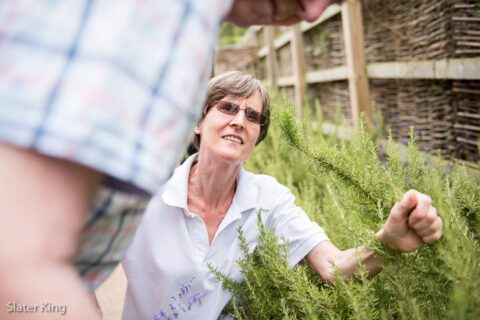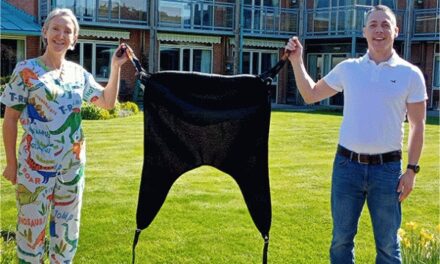Regular gardening could halve stroke patients’ chance of dying early.
Residential care home activities are created around people’s hobbies, interests and ways to stay active and healthy. One of these activities includes gardening, a hobby which has recently been said to improve the longevity of stroke patients’ lives. The same could be said for gardening with dementia.
Regular Exercise and Stroke Patients
A study has shown that stroke survivors who exercise regularly have a 54 percent lower risk of dying. Even those aged 75 and over saw a 32 percent reduction in their risk of dying.
Scientists at the University of Calgary in Canada studied exercises such as carrying out tasks in the garden or going for a walk. Those recovering from a stroke who exercised in these ways for at least three hours a week saw the benefit.
Every year more than 100,000 Britons have a stroke, and there are 1.2million stroke survivors living in this country.
‘Our results are exciting, because just three to four hours a week of walking was associated with big reductions in mortality,’ said Dr Raed Joundi, author of the study from the University of Calgary, Canada.
‘A better understanding of the role of physical activity in the health of people who survive stroke is needed to design better exercise therapies and public health campaigns.’
Gardening at Stanfield Nursing Home
At our care home in Worcester we make sure to maintain normality through residential care home activities such as gardening.
There are multiple elements to our dementia sensory garden that allow everyone to stay independent as well as providing opportunities to engage in hobbies and relaxation.
These could include taking a leisurely walk around the grounds, spending the afternoon planting new flowers for the season. Even relaxing by the fountain and taking in some fresh air can be beneficial.
Spending time outdoors, in nature and being active is good for us. Therefore, gardening with dementia has many benefits. The simple act of growing plants, herbs and flowers can reduce stress and anxiety and help with depression.
The gardens are a key space and part of daily life. When people come to live at Stanfield Nursing Home, we don’t want them to feel like this is just somewhere they have come to stay. We want it to feel like it’s their home. So providing the means to take ownership of a space, even through a seemingly small act of potting and planting plants of their own choice, allows this to happen.
Read more about gardening with dementia and how people at Stanfield are sowing seeds of happiness.
Contacting Stanfield Nursing Home
If you want to find out more information on our nursing home in Worcester then head to our website today. For a list of our residential care home activities, visit our activities page. You can also check out our social media for daily updates. Alternatively, you can call 01905 420 459 to speak to a member of our helpful and friendly team.




